

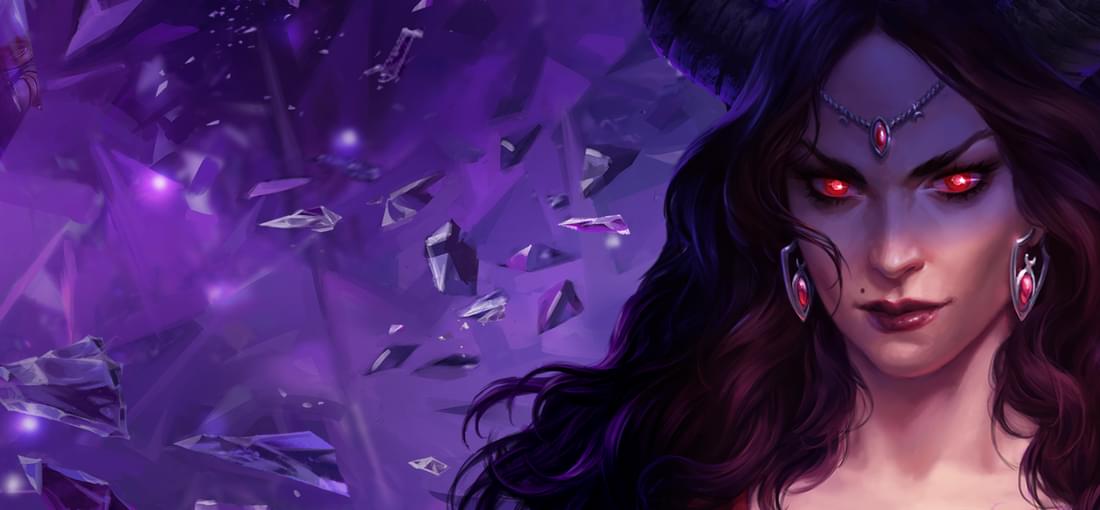
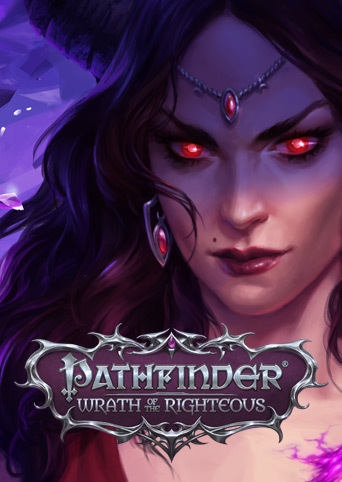
This is a tremendous game, but maybe it was too ambitious for its own good. Simply put, the scope of the game is way too big, and so the small details suffer. The good: The writing is great. The voice acting is good, when there's any. The Pathfinder setting/system are recreated in great detail, with some occasional bends and streamlining for a better experience on PC. The companions and NPCs are compellingly written. The difficulty is highly customizable. The Mythic Path system is a bit scuffed, but the two basic paths (Angel & Demon) are very well fleshed out, and some of the other paths (specifically the evil ones) provide major changes in the end-game. The Bad: The entire Crusade system. Despite the customizable difficulty, end-game encounters are still a slog if using RP builds, while meta builds trivialize everything. It's way too easy to accidentally trigger companion romances, and they can only be stopped by being a blunt a-hole to them. Mythic Path- and choice-reactivity and consequences are all over the place, and some of them are deeply disappointing. As of May of 2025, there are still quest-stopping bugs and messed up flags that require modding or save editing to circumvent, and even on an SSD, there are just so many redundant load screens. Conlcusion: This is a good game, but would've been much, much better if Owlcat ditched the annoying puzzle dungeons, the time-wasting filler encounters with 60 AC fodder enemies, and the entire crusade mechanic. They should've focused on making all the Mythic Paths truly unique, with NPCs properly reacting to the player's race/alignment changes and making the Mythic Choice at the beginning of Act 5 make more sense. Unfortunately, that's not the game we've got. It's still amazing, and I would recommend it in a heartbeat, but it's like a sports car with trailer full of junk attached to it. It's still neat, but all that baggage just never allows it to go as far or as fast as it's potential would've allowed it.
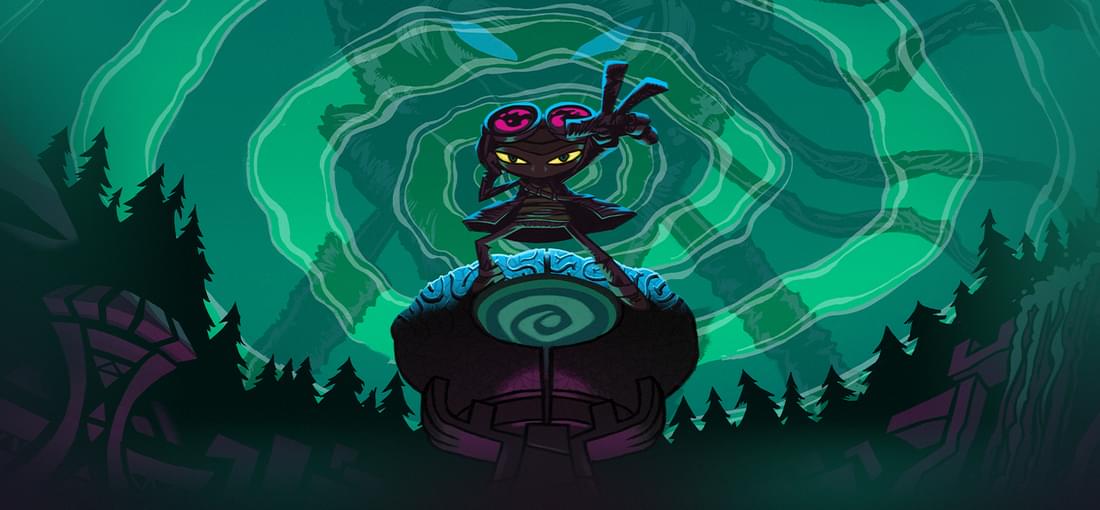
While I admit there are some rough parts, and the combat is... not the best, the overall experience is still mind-blowing (no pun intended). The characters, the aesthetics, the music, and especially the stage designs are just absolutely phenomenal. I can't remember the last time I've had so much fun with a game, and while it can be finished comfortably in 15-ish hours, without gathering all the collectibles and other junk. I wouldn't recommend rushing it. So much of the game's charm comes from just going around and talking to the characters, their reactions, and just all the fun ways they respond to the events of the plot, some of which can be missed if one rushes the game too much. Overall, an amazing experience pretty much from beginning to end. Highly recommended.
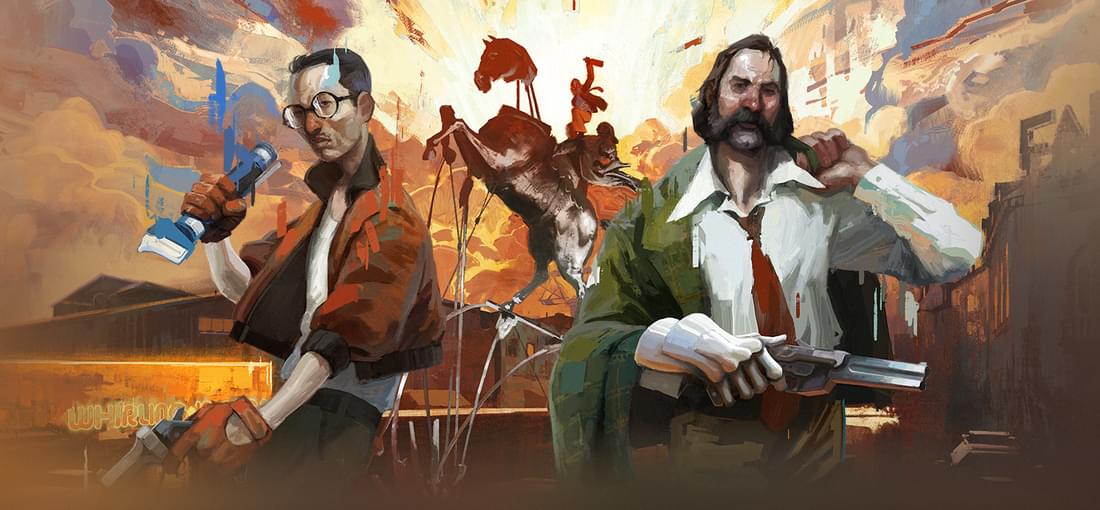
This is a tragicomedy detective game about a slightly crazy amnesiac detective and the many voices in his head trying to solve a murder case in a run-down, diesel-punk low-fantasy setting. The game can be broadly divided into two parts: the first half is about the investigation, where our detective tries to find out more about the case, the people of the neighborhood, their own past, and the police gear they misplaced during the events leading up to their amnesia. This is by far the strongest part of the game, full of memorable characters, great moments, and an actual mystery to unravel. The player has to figure out who's lying and why, all the while taking care of side-tasks and making sure to earn enough money on the side It's a slow but engaging start, but even here, a bunch of problems are present. First off, the copotype is already a bit heavy handed, but the real problem is the whole "political alignment" system. The player's options on said politics are more often than not just childish, with the available options all being over-the-top caricatures and various flavors of crazy (except for communists, of course, who are just well-intentioned underdogs). They distract from the actual murder mystery, and even if one tries to just avoid them altogether to focus on the plot, the game still labels the player a "laughable centrist". Overall, I think that ignoring the political options altogether is the best way to play the game. The bigger issue, however, is the last stretch. You strike out all the suspects, wait for some big reveal to turn everything upside down, you get an (admittedly really good) action sequence, and then... it turns out there's no twist. The real killer was just some old guy on an island driven mad by a certain poison whom we've never seen or heard of before. You interrogate him, he confesses, then there's a final evaluation of your performance, and then FIN. It's still a one-of-a-kind game, but damn, that was a bit of a let-down...
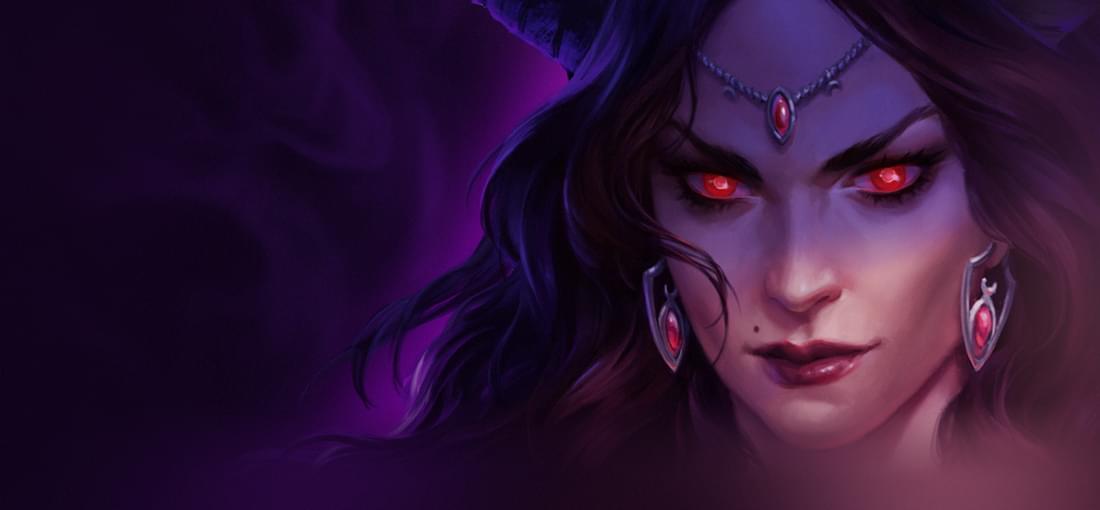
The Good: - Great art design and voice acting - Enormous build variety, between nearly two hundred classes (including sub-classes) plus the mythic paths - Great character writing and dialog - Outstanding player agency The Neutral: - Direct adaptation of P&P Pathfinder rules, meaning lots of RNG, obscure sub-systems, and overwhelming options for new players - Mythic Paths are integrated well into the plot, but at the same time their progression leaves much to be desired - Highly moddable - Highly customizable difficulty options - Option for either real time or turn based combat The Bad: - Difficulty spikes. The devs defended this by citing that, since the player can control and coordinate a full team, and can reload saves, the difficulty had to be tuned up. Unfortunately, this leads to intermittent difficulty spikes that require either meticulous min-maxing, tedious pre-buffing, or save-scumming. All three of those are magnitudes worse on higher difficulties. - The crusade mechanic is fine on paper, but in practice, it's more of a slog serving as a time-waster. - Loading screens. E.g: Let's say the player is in the command room, and needs to take a fortress to progress the story. Going into crusade mode is a load, then the battle is a separate load, then coming back to the command room is a load, followed by loading into the town, from whence the player can load into the world map, where they could then move the party to the destination and load into the map. Even on an SSD, all of this loading can add hours to the total playtime. - Bugs. Countless bugs, both in combat, and more damningly, in the story. Quests sometimes just don't trigger, or flags don't get flipped, locking the player out of certain options. This is most pronounced in the true ending, where one or two broken flags can ruin a hundred hours long play-through. Mods can help, but they shouldn't be required. Overall, still a great game, but it's also startlingly unpolished, despite being "enhanced".
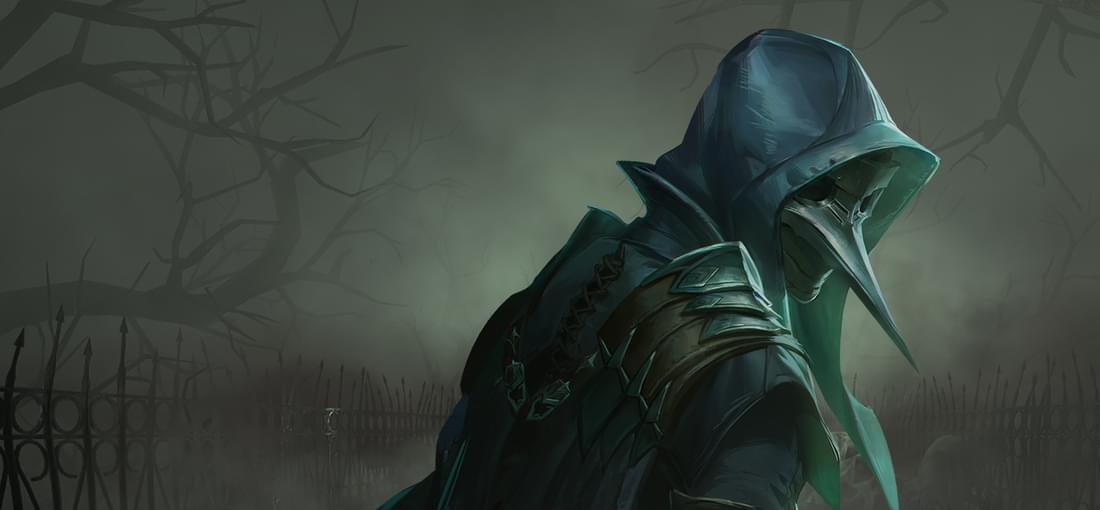
Pros: Consistent art style with good graphics and animations Fast-paced, snappy combat Good weapon- and build-variety Great bosses and lots of decent mini-boss encounters Mid: Relatively small stages made to feel bigger by winding paths, but with nice shortcuts Not much in terms of common enemy variety, with most of them being just humans with different weapons Cons: Short, and relies on reusing stages for side-missions, which can feel like padding by the end Middling lore, with no characterization for any of the NPCs Overall, this is a pretty good, bite-sized game, combining the fast, aggressive combat style of Bloodborne with the parry-mechanics of Sekiro. It has its small issues, and the endings are a bit meh, but overall I would definitely recommend it if you're a fan of the genre, though you may want to wait for a sale to get the best bang for your buck.